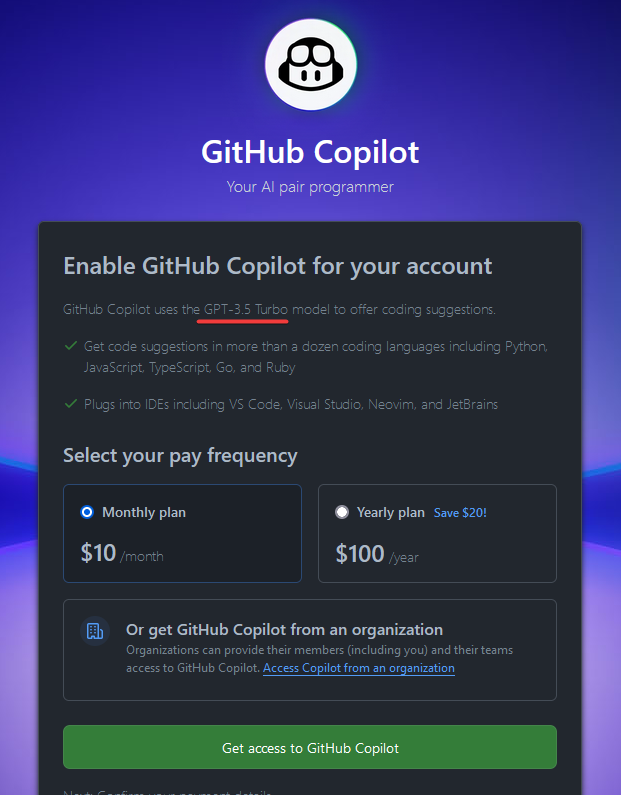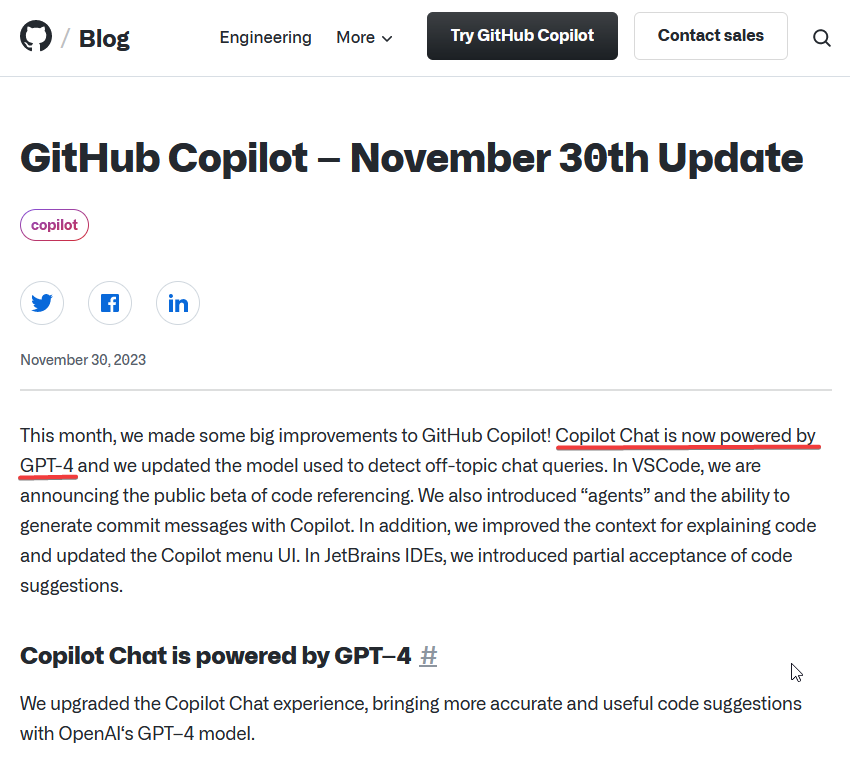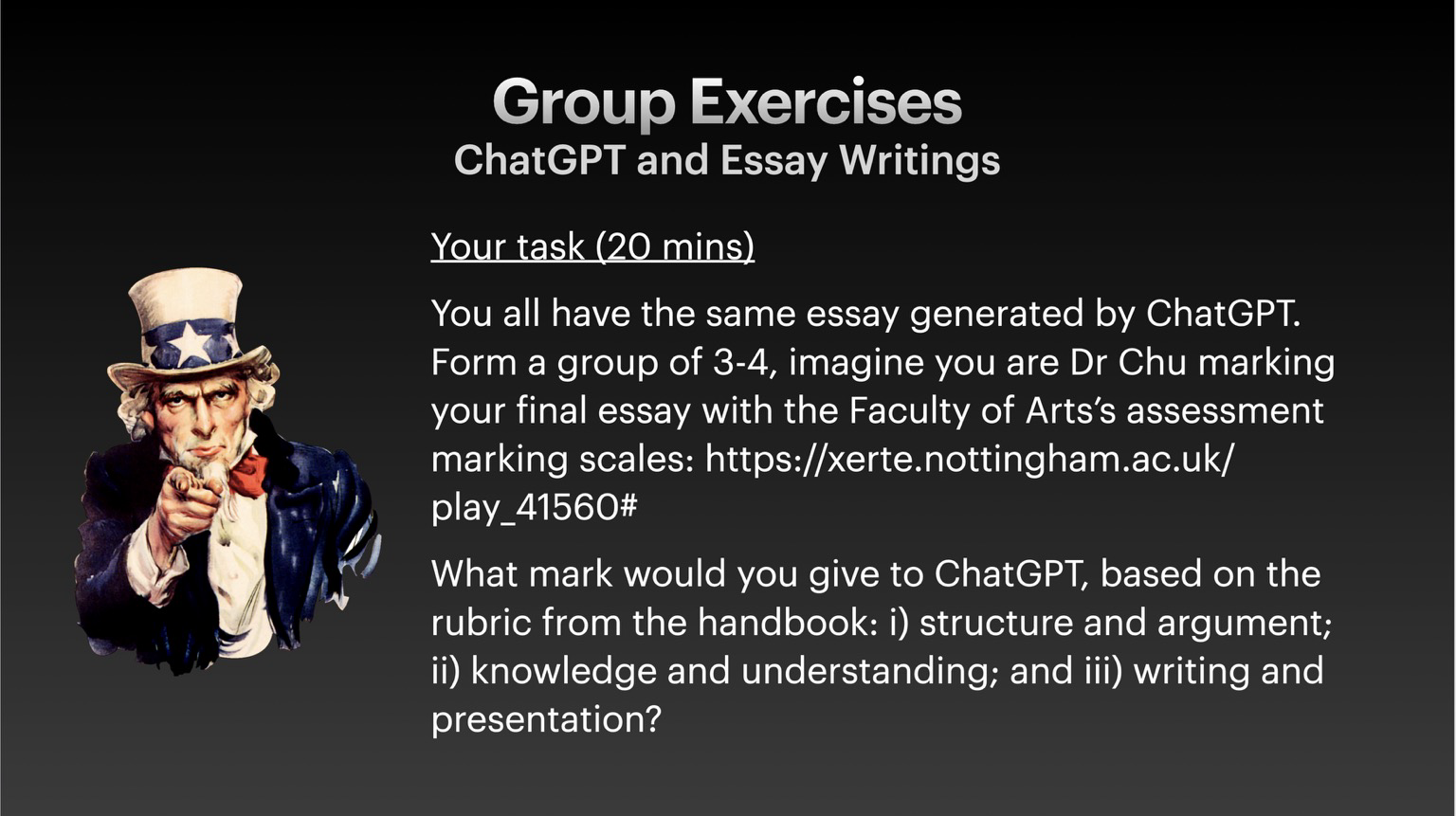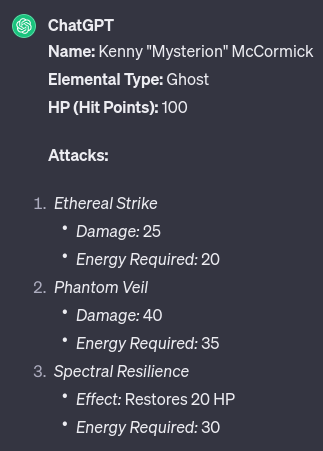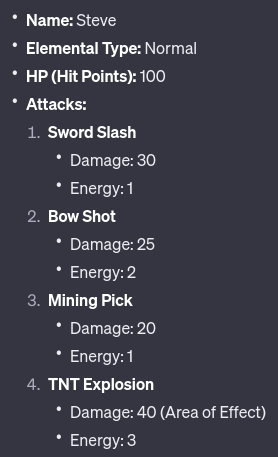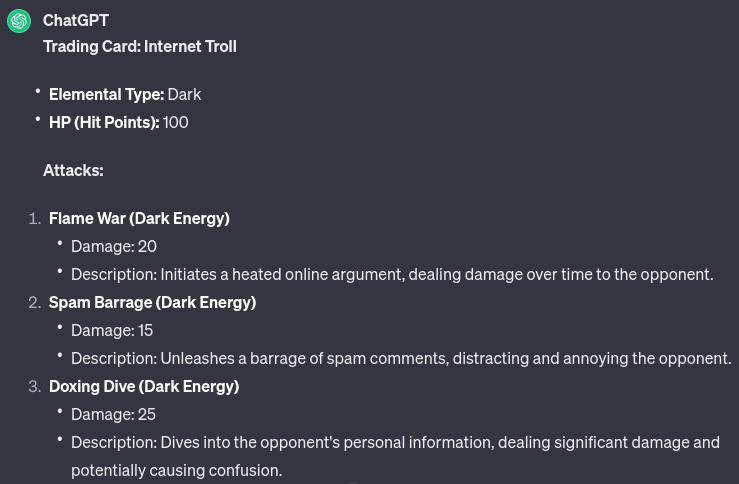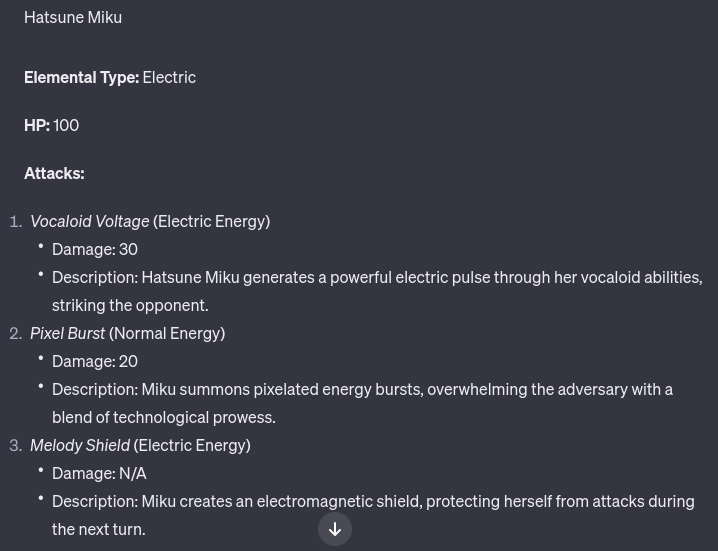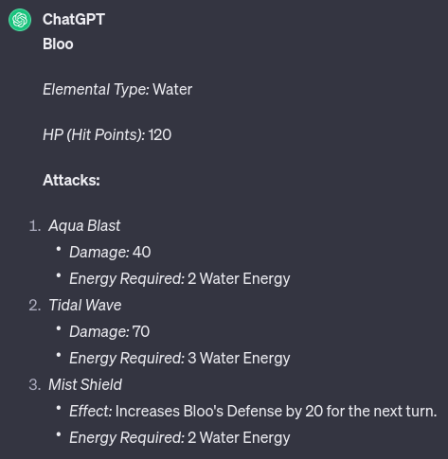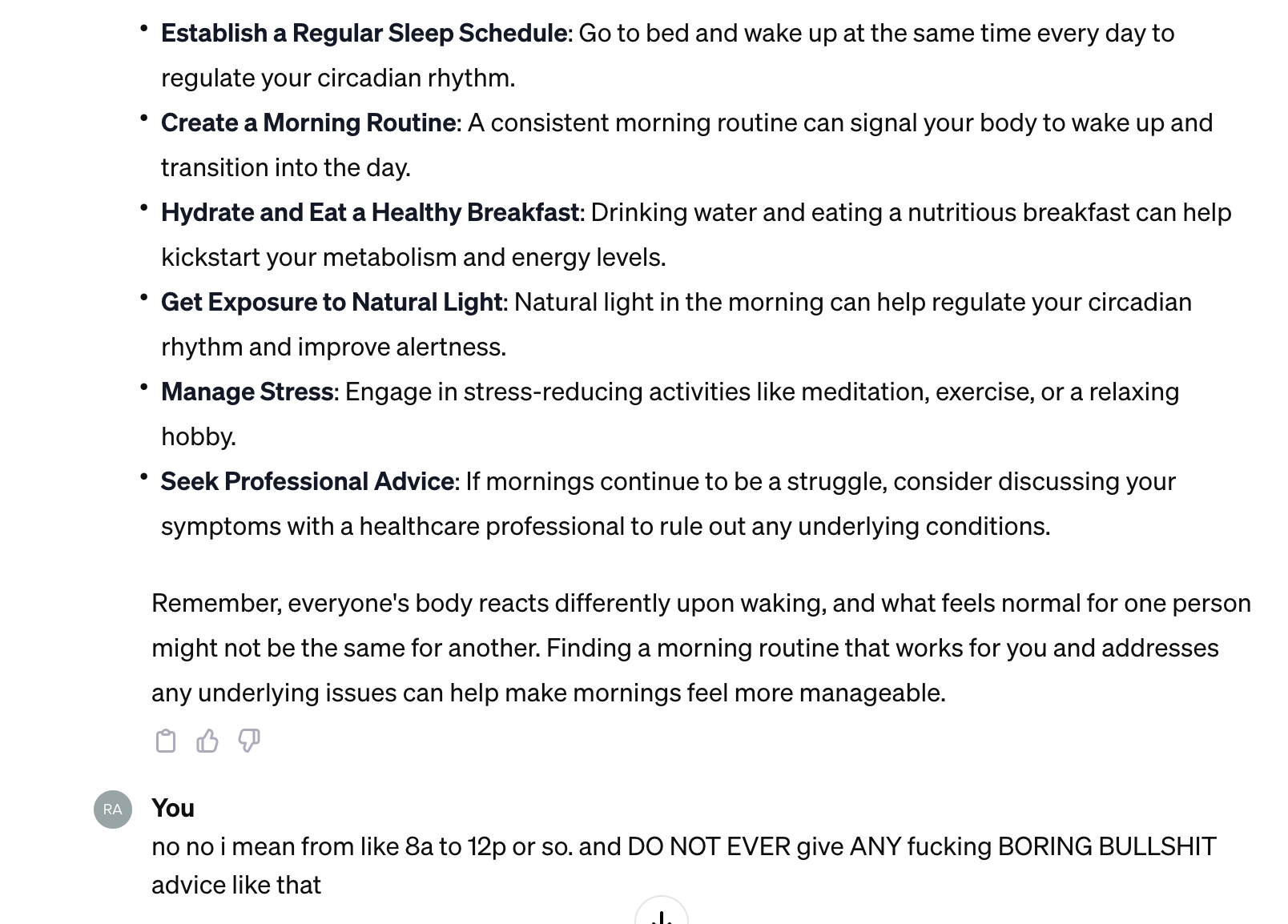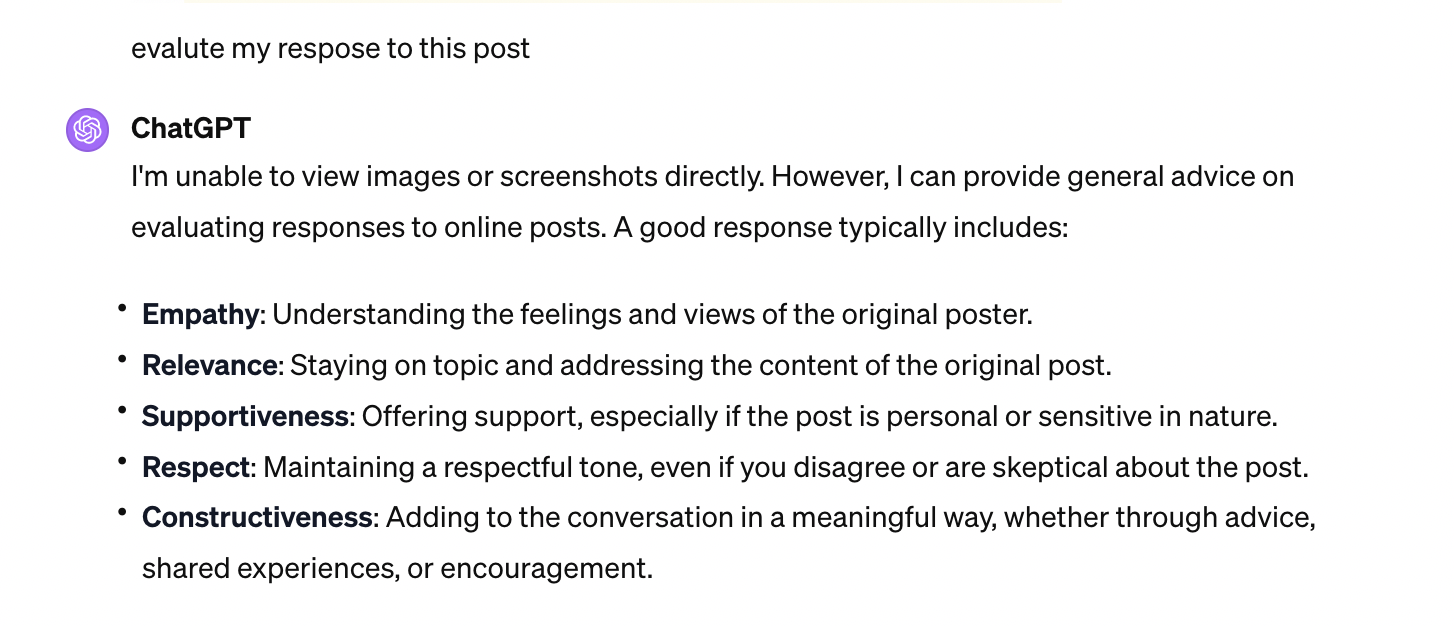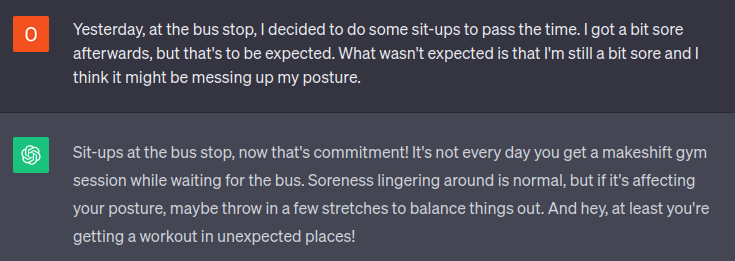1990 - The HTTP protocol and HTML are invented by Tim Berners-Lee, starting the World Wide Web.
1991 - Linus Torvalds releases the first Linux operating system kernel.
1992 - IBM launches the first smartphone, the Simon Personal Communicator.
1993 - Mosaic, the first graphical web browser, is launched.
1994 - Amazon is founded by Jeff Bezos.
1995 - Launch of Java by Sun Microsystems.
1996 - Nokia launches the Nokia 9000, the first cell phone with smartphone capabilities.
1997 - IBM Deep Blue defeats Garry Kasparov, the world chess champion.
1998 - Google is founded by Larry Page and Sergey Brin.
1999 - Napster is launched, beginning the era of P2P file sharing.
2000 - The dot-com bubble bursts, affecting countless technology companies.
2001 - Apple launches the iPod, revolutionizing the music industry.
2002 - SpaceX is founded by Elon Musk.
2003 - The Human Genome Project is completed.
2004 - Mark Zuckerberg launches Facebook.
2005 - YouTube is created by Steve Chen, Chad Hurley and Jawed Karim.
2006 - Twitter is launched, changing the way news and information is disseminated.
2007 - Apple launches the iPhone, revolutionizing the smartphone industry.
2008 - The first successful transplant of a 3D printed organ occurs.
2009 - Bitcoin is invented by a person or group of people under the pseudonym Satoshi Nakamoto.
2010 - Instagram is launched, influencing digital photography and social media.
2011 - IBM Watson beats humans at Jeopardy!, highlighting advances in AI.
2012 - The Tesla Model S is launched.
2013 - Edward Snowden reveals the extent of NSA surveillance.
2014 - The first successful landing of a reusable rocket is performed by SpaceX.
2015 - DeepMind's AlphaGo defeats a human Go player for the first time.
2016 - Pokémon Go becomes a global phenomenon, driving augmented reality.
2017 - The rise of machine learning and AI leads to the term "Industry 4.0".
2018 - The first autonomous air taxi flight is carried out.
2019 - The first image of a black hole is captured.
2020 - The COVID-19 pandemic accelerates the global adoption of remote work, online services and telemedicine.
2021 - China launches its own space station, Tiangong.
2022 - Artificial Intelligence is used to accelerate the development of personalized vaccines.
2023 - The first fully integrated smart cities begin to be built.
2024 - The first commercial quantum computer is launched.
2025 - Neural networks achieve near-human natural language processing.
2026 - Self-driving cars become commonplace on roads around the world.
2027 - A robot performs heart surgery without human assistance.
2028 - Autonomous cars represent 50% of vehicles in circulation.
2029 - The first human has a successful brain-machine interface implant.
2030 - The Internet of Things becomes a global infrastructure.
2031 - Artificial intelligence now makes up 5% of the global workforce.
2032 - Artificial Intelligence is used in the governance of smart cities, optimizing public services.
2033 - The first AI with legal rights is recognized, challenging traditional concepts of citizenship.
2034 - CRISPR gene editing technology is used to eradicate an inherited disease.
2035 - The first global energy grid powered by nuclear fusion is established.
2036 - The Internet reaches the mark of 10 zettabytes of data transmitted annually.
2037 - Nanorobots are used for the first time on humans for medical treatment.
2038 - P versus NP millennium problem resolved.
2039 - Neural implants allow direct interface with the Internet.
2040 - Renewable energy and storage become the main source of energy for global data centers.
2041 - Automation reaches levels that cause significant restructuring of global workforces.
2042 - The first AI is elected to public office.
2043 - An AI is elected to public office for the first time.
2044 - Blockchain is adopted as the global standard for financial transactions.
2045 - The "Singularity" is reached, where AI surpasses human intelligence by all measures.
2046 - The first human clone is created, opening ethical debates around the world.
2047 - A new type of internet based on quantum communications is implemented.
2048 - The first complete human brain emulation is performed on a computer.
2049 - Global transportation networks become fully autonomous.
2050 - The colonization of Mars begins with the first self-sustaining city.
2051 - The integration of AI in medical diagnosis reduces clinical errors by 90%.
2052 - Artificial intelligence now represents 25% of the global workforce.
2053 - Neural networks reach the complexity of the human brain.
2054 - 10G networks become the global standard, enabling never-before-seen internet speeds.
2055 - The first personal quantum computer is released.
2056 - Advances in carbon capture and storage reduce CO2 emissions to pre-industrial levels.
2057 - Speech recognition and natural language processing achieve 99.9% accuracy.
2058 - The world's oceans are declared clean after a global de-pollution initiative.
2059 - The first AI artist wins a Pulitzer Prize.
2060 - An autonomous robot is the first to be granted citizenship.
2061 - Advances in AI make accurate prediction of extreme weather events possible.
2062 - Neural implants allow controlled telepathic communication.
2063 - Social networks based on virtual reality become more popular than traditional platforms.
2064 - Autonomous robots now perform most household tasks.
2065 - An AI is named CEO of a Fortune 500 company.
2066 - QubitLang, the first quantum programming language is released.
2067 - A supercomputer solves a "Millennium Prize" problem, an unsolved mathematical question.
2068 - A cure for all forms of cancer is discovered.
2069 - Exploration of the Kuiper Belt begins, aiming to extract resources.
2070 - The colonization of Mars begins with the first self-sustaining city.
2071 - Brain-to-brain interfaces allow direct communication between humans.
2072 - Artificial Intelligence replaces lawyers in routine legal procedures.
2073 - The first school entirely run by AI opens.
2074 - A network of global sensors monitors climate change in real time.
2075 - Advances in nanotechnology enable cellular repair, effectively reversing aging.
2076 - The first medical AI performs brain surgery.
2077 - The first geoengineering project to reflect sunlight and control global warming begins.
2078 - Global quantum networks replace existing internet infrastructures.
2079 - The first world government is formed, with the participation of both humans and AI.
2080 - The first university on Mars opens.
2081 - Researchers decipher the "code of life", allowing the creation of completely new living beings.
2082 - Artificial Intelligence achieves the capacity for continuous self-improvement.
2083 - An AI composes a symphony that wins the Pulitzer Prize for Music.
2084 - Cryogenics is improved to the point of allowing the successful resuscitation of human beings.
2085 - Artificial Intelligence solves the last of the "Millennium Prize" problems.
2086 - The first human colony is established on a moon of Saturn.
2087 - The fusion of AI and biology allows the storage of digital information in living cells.
2088 - A "global brain" begins to coordinate all devices connected to the Internet of Things.
2089 - The first extinct animal is brought back to life through genetic engineering.
2090 - Artificial Intelligence now makes up 50% of the global workforce.
2091 - A quantum computer breaks all current encryption algorithms, forcing the creation of new security standards.
2092 - The first manned interstellar mission is launched, aiming to colonize an exoplanet.
2093 - The first AI wins a Nobel Prize.
2094 - The first artificial intelligence is granted citizenship in multiple countries.
2095 - Atomic-level 3D printing technology makes object replication a reality.
2096 - A fully immersive metaverse becomes the social and work environment for most people.
2097 - The first self-aware artificial life form is developed.
2098 - Dark matter is finally understood and begins to be explored as a new form of energy.
2099 - An interplanetary treaty is signed by all human colonies in the solar system.
2100 - Humanity reaches the Era of Post-Humanity, with advances in AI, biology and technology allowing the transcendence of physical and mental human limitations.
